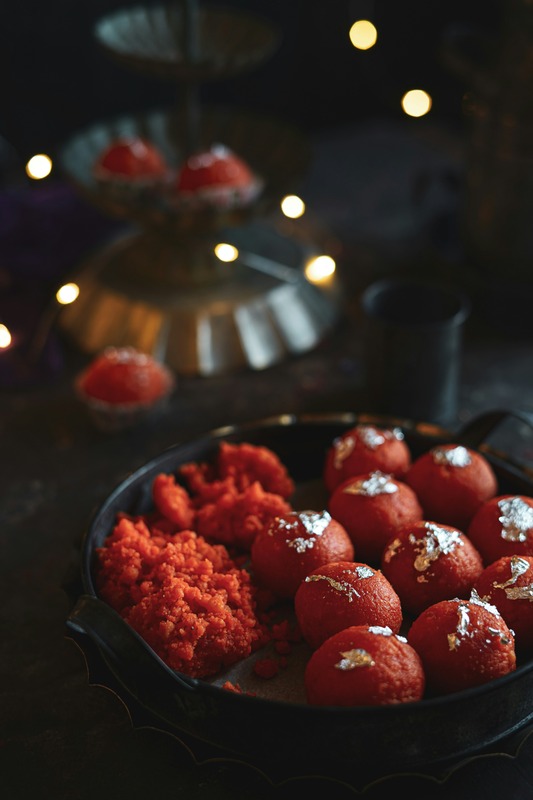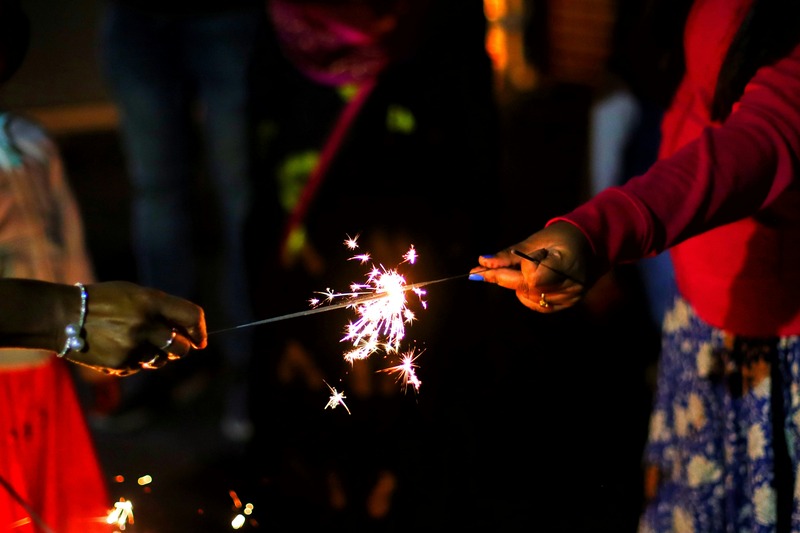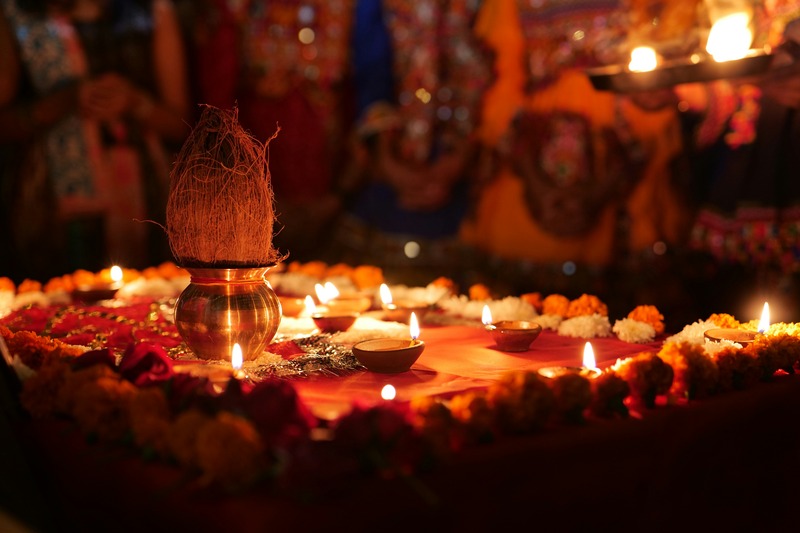May your home be filled with the sweetness of sweets, the warmth of oil lamps, and the colourful shades of floor decorations as the light eradicates the old and brings new hopes, beautiful beginnings, and tons of happy moments. Diwali is here.
Diwali is a multi-faceted festival that encompasses the themes of optimism, revival, and the triumph of light over darkness.
Unfolding Diwali: Celebrating Festival of Lights
Deepavali is another way to call this radiant moment. This is one of the most prominent festivals in Hindu culture. The Festival of Lights represents the dispelling of darkness lasting for typically five days where each day has its own gist, including worshipping different deities and commemorating various historical and mythological events.
What do the Hindu epics entail about Diwali?
Diwali marks the return of Lord Rama to his home, Ayodhya, after 14 years in exile together with his wife and brother, Sita and Lakshman. Lord Rama’s return symbolises his victory against the demon king Ravana. The entire kingdom twinkled in traditional earthen lamps (“diyas”) and festive lights to commemorate their homecoming and achievement.
The "diyas" and lights have been incorporated into Hindu traditions every Diwali. Each house entrance and boundary twinkles. Not to mention, the inclusion of vibrant “rangoli” (colourful patterns made with powders or flowers) further enhances the festival’s essence. The night lays down a blanket of darkness while fireworks are commonly sparkling too.
The Hindus also believe that the Goddess Lakshmi, the goddess of wealth and prosperity, descends from heaven to visit her devotees to bless them. They would therefore perform prayers to invite her blessings into their homes and for a prosperous year ahead.
What are Diwali’s deep significances?
Good over evil. Knowledge over ignorance. These are characteristics of Diwali.
Diwali is a moment for reflection and togetherness. A spirit of hope and positivity is fostered. This stems from the demon king Ravana’s (evil) defeat of Lord Rama (good).

Millions around the world celebrate the Festival of Lights as it highlights unity, community, and cultural diversity. Although Diwali is primarily a Hindu festival, it is celebrated by Jains, Sikhs, and Buddhists as well, each with their distinct customs and perspectives. Thus, social bonding embraces families and friends as they gather to rejoice, share meals, and exchange gifts. But Diwali isn’t merely about lights and sweets, it’s about spreading joy and creating beautiful memories.
In some regions, Diwali marks the victory of Lord Krishna over the demon Narakasura, signifying the destruction of evil. It’s also a time to rejoice in the abundance of crops and thank the gods since the festival coincides with the harvest season in many parts of India. Moreover, some communities mark the start of the new year with Diwali. One community that does is in Gujarat, India.
When and where does Diwali take place?
Diwali usually falls in October or November, according to the Hindu lunar calendar. Hindu traditions state that the festival falls on the 15th day of the prosperous month of Kartik on Amavasya night (the darkest night of the year). Thus, the exact date varies each year.
The festival’s reach extends far beyond India. It’s a globally recognised festival where many countries commemorate Diwali:
India, where the festival is celebrated nationwide, with each region having its own customs and traditions.
Nepal has its own major festival called Tihar which is similar to Diwali.
Many Hindus in Bangladesh shine with lights and festivities for Diwali despite this special period is not a public holiday in the country.
Pakistan’s Hindu minority celebrates Diwali, particularly in Sindh.
Sri Lanka’s Hindu community, especially in the northern regions, celebrates Diwali.
Mauritius honours Diwali as a public holiday which is rejoiced with great enthusiasm.
Indian diasporas inhabit Fiji, Trinidad and Tobago, and Guyana who celebrate Diwali, often incorporating local customs.
Western countries such as the United States, Canada, the UK, and Australia revel in Diwali with public events and community gatherings held by the Indian diasporas.
How does one celebrate Diwali?
Non-Hindus are more than welcome to join in the festivities! Countless people from different cultural and religious backgrounds partake, especially in multicultural societies. Diwali is after all a celebration of light, joy, and the triumph of good over evil. These themes resonate universally without any boundaries stepping in between.
Activities such as lighting lamps, relishing in festive foods, and attending community events are some ways to honour this special moment. It’s a wonderful opportunity for cultural exchange and inclusivity.

Every region and community take their own spin on the traditions and activities of this joyous festival that emphasises togetherness, gratitude, and celebration of life. Several recurrent approaches are:
Cleaning and decorating homes with rangoli, lights, and diyas.
"Puja" (worship) to deities, especially Goddess Lakshmi, to seek blessings for wealth and prosperity.
Lighting "diyas" and candles symbolise the victory of light over darkness.
Fireworks and sparklers add to the festive atmosphere.
Preparing and sharing traditional sweets and snacks with family, friends, and neighbours is a key part of the celebration.
Giving and receiving gifts among family and friends fosters a spirit of community and love.
Diwali is a time for family gatherings where all ages enjoy meals and cherish the moment with one another.
Many communities hold events such as public celebrations, fairs, and cultural programs to mark the occasion.
Does Indonesia celebrate Diwali?
Yes! Indonesia’s Hindu community is predominantly found in Bali and North Sumatra.
Many Hindus in Indonesia observe the festival with traditional customs, including prayers, the lighting of oil lamps, and family gatherings. Several Hindu temples in Indonesia, such as the Shri Mariamman Temple in Medan, the Durga Amman Temple in Semarang, and the Ida Betari Durga Temple in Bali, also contribute to the festivities.
The celebration may be less widespread compared to India, but it reflects the cultural diversity and religious practices present in the country.
You can check out the best Indian restaurants in Jakarta and Bali to honour the occasion.




 Mirella Pandjaitan
Mirella Pandjaitan
 Oct 28, 2024
Oct 28, 2024